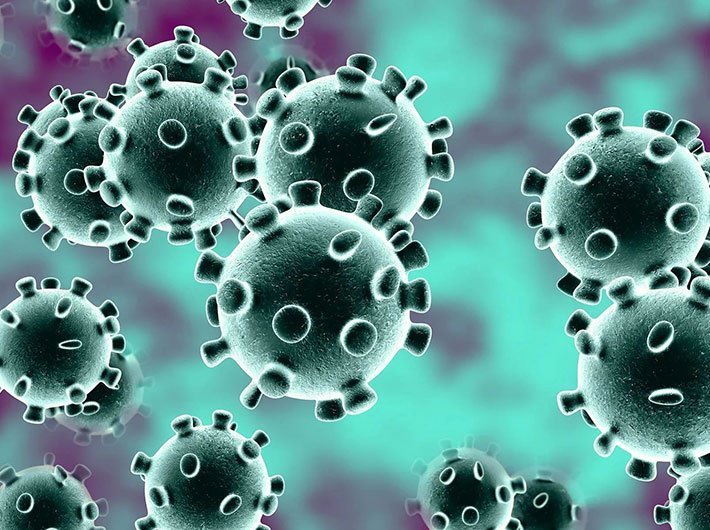Accessible for all, no prescription, self-declaration needed, mandatory for labs to upload data on ICMR portal
As part of the four T strategy of trace-test-track-treat, Mumbai – the most affected city in India – has decided to make Covid-19 tests accessible to all.
The municipal corporation of Greater Mumbai (MCGM) has come out with guidelines allowing all laboratories to conduct RT-PCR (real time polymerase chain reaction) tests as also home swab collections for all individuals under ICMR guidelines without prescription or self-declaration for symptomatic or asymptomatic individuals. The guidelines come into effect from Wednesday.
With its trace-test-track-treat protocol, MCGM has been issuing guidelines from time to time. It has directed all government and MCGM labs to conduct RT-PCR tests on priority basis for admitted Covid-19 patients as per ICMR guidelines or Covid suspect patients admitted in or attending OPDs of MCGM, government hospitals within the jurisdiction of MCGM.
Municipal commissioner IS Chahal described the new guidelines and protocols as “most liberal Covid-19 testing” anywhere in the world.
For containment areas/hotspots and hospitals the BMC has allowed Rapid Point of Care (PoC) Antigen Detection Test for diagnosis along with RT-PCT. It has procured one lakh test kits of PoC antigen detection tests and distributed to all MCGM medical colleges and attached hospitals and directed all deans to ensure that rapid antigen tests of patients are carried out as per ICMR guidelines without compromise.
As per the new guidelines, all symptomatic influenza-like illnesses (ILI) and asymptomatic direct high risk contacts with co-morbidities of a confirmed case in containment zones have to be tested once between day 5 and 10 of coming in contact.
In healthcare settings, all symptomatic ILI patients are Covid-19 suspects, asymptomatic patients who are hospitalized or seeking hospitalization are those undergoing chemotherapy, immune-suppressed patients including those who are HIV+ patients diagnosed with malignant diseases, transplant patients, patients above 65 years with co-morbidities, asymptomatic patients undergoing aerosol generating surgical/non-surgical interventions including elective/ emergency surgical procedures like neurosurgery, ENT surgery, dental procedures etc and non-surgical interventions like bronchoscopy, upper GI endoscopy and dialysis etc.
In case of symptomatic patients BMC has defined an ILI case as one with acute respiratory infection with fever >38 degree centigrade and cough, whereas a SARI case is defined as one with acute respiratory infection and fever>38degree centigrade and cough and requiring hospitalization. Co-morbidities means lung disease, heart disease, liver disease, kidney disease, diabetes, neurological disorders and blood disorders.
“The laboratory will have to intimate the patients’ positive status first to MCGM and it will be incumbent on the civic body to further intimate the same to the patients. The actual report copy of the positive cases can be shared by the laboratory with the patients directly, but on subsequent day of intimation to MCGM only after 11 am,” according to the guidelines.
The MCGM has also made it mandatory for all testing labs to submit a daily return of opening and closing balance of testing kits available with the laboratory along with line list of positive cases being submitted to Epid Cell of the MCGM on a daily basis. This will enable the civic body to cross check if all the positive and negative reports have been daily uploaded by the labs on ICMR portal to rule out discrepancies.
It further directs that all labs report of number of antigen tests conducted be submitted in the required format and that specifically actual and real testing capacity of a laboratory shall be equal to the number of samples which it processes on a daily basis and submits results to Epid Cell within 24 hours of receipt of the sample in lab. “Creation of every single backlog by any testing laboratory by violating the above definition of capacity of laboratory shall be liable for strict action including cancellation of licence and laboratory,” say the guidelines.
To augment testing in all wards, the municipal commissioner has directed all assistant municipal commissioners to set up camps using mobile vans with the help of assigned labs in high incidence areas, to collect samples of all symptomatic individuals as well as their contacts with co morbidity and get those samples tested through rapid antigen detection test. The AMCs have been told to conduct at least 250 rapid antigen tests every day wherein RAT kits will be provided by MCGM and labs will conduct the tests.
Positive individuals have to be treated as per treatment protocol where the labs will upload the same on ICMR portal and the concerned ward will immediately shift the patient to CCC2/DCHC/DCH depending on the patient’s condition. Those who are symptomatic with negative results have to be treated for RT-PCR. BMC has mandated entire activity carried out under the supervision of MOH or designated MO of the concerned ward.

